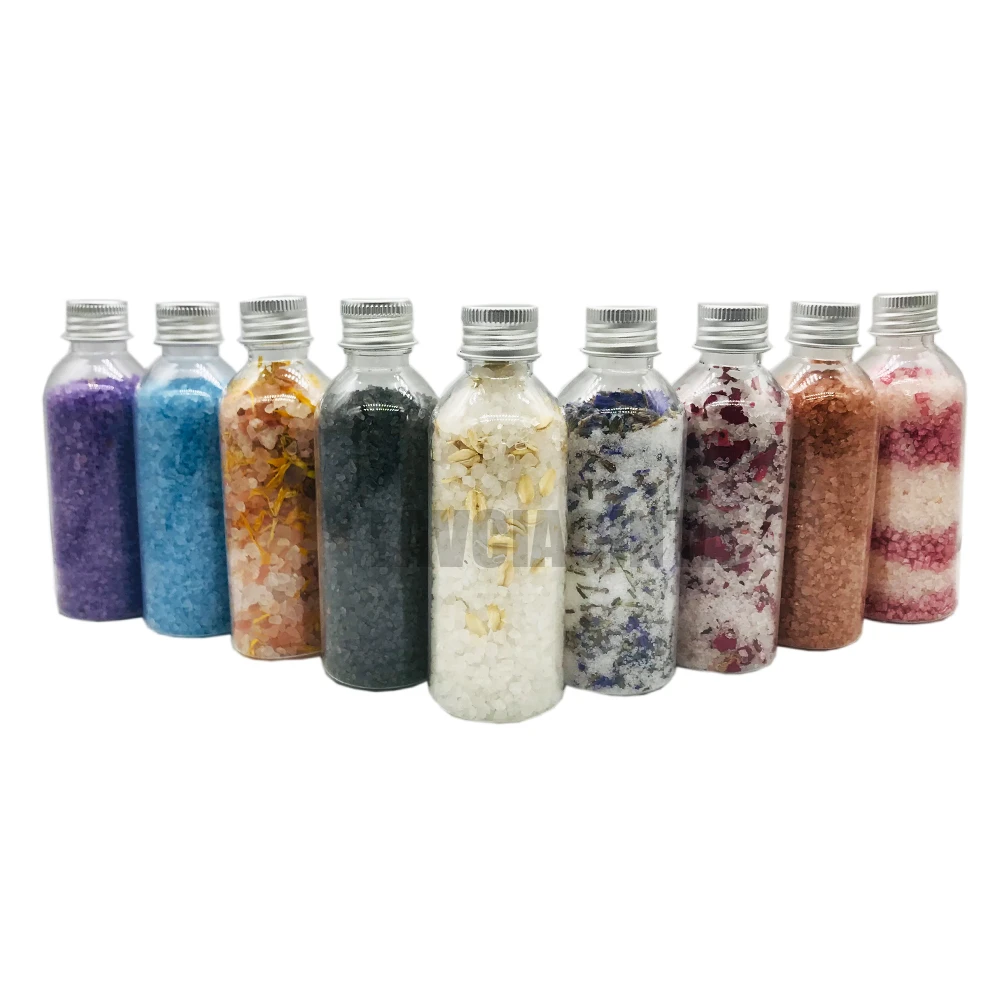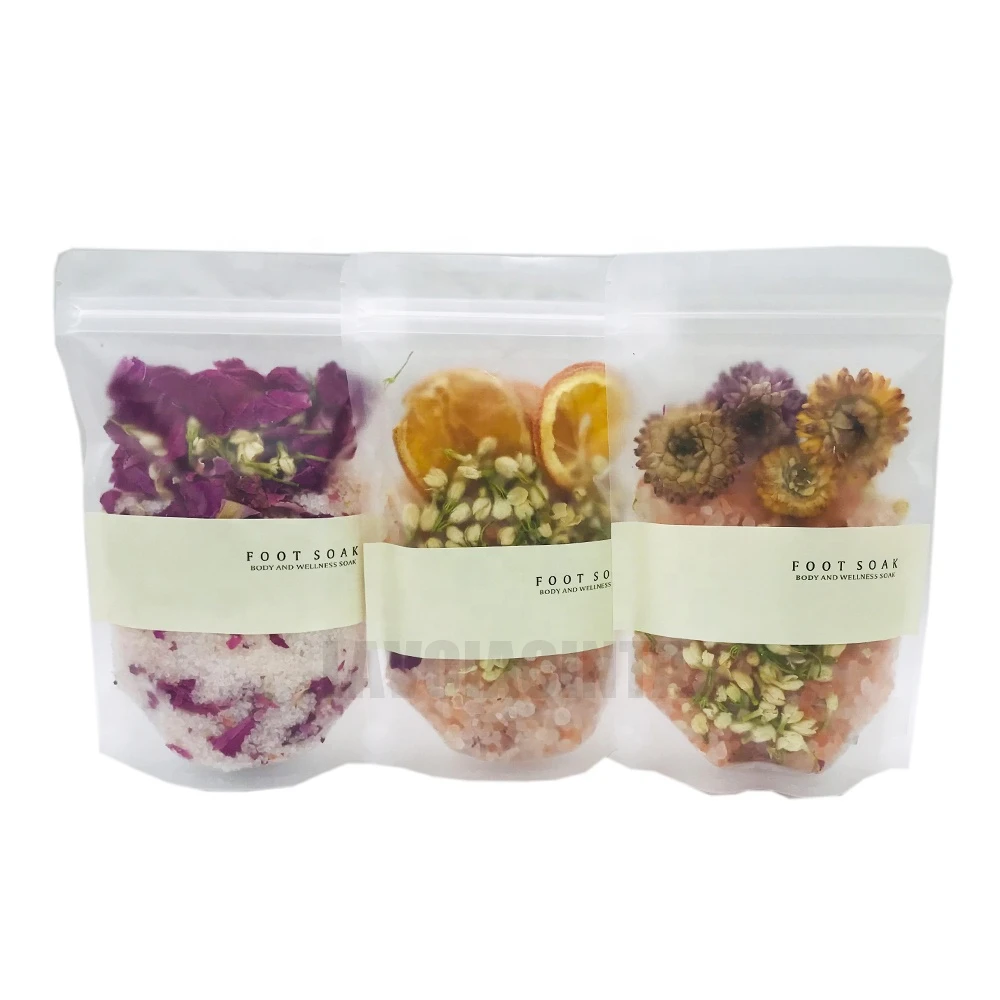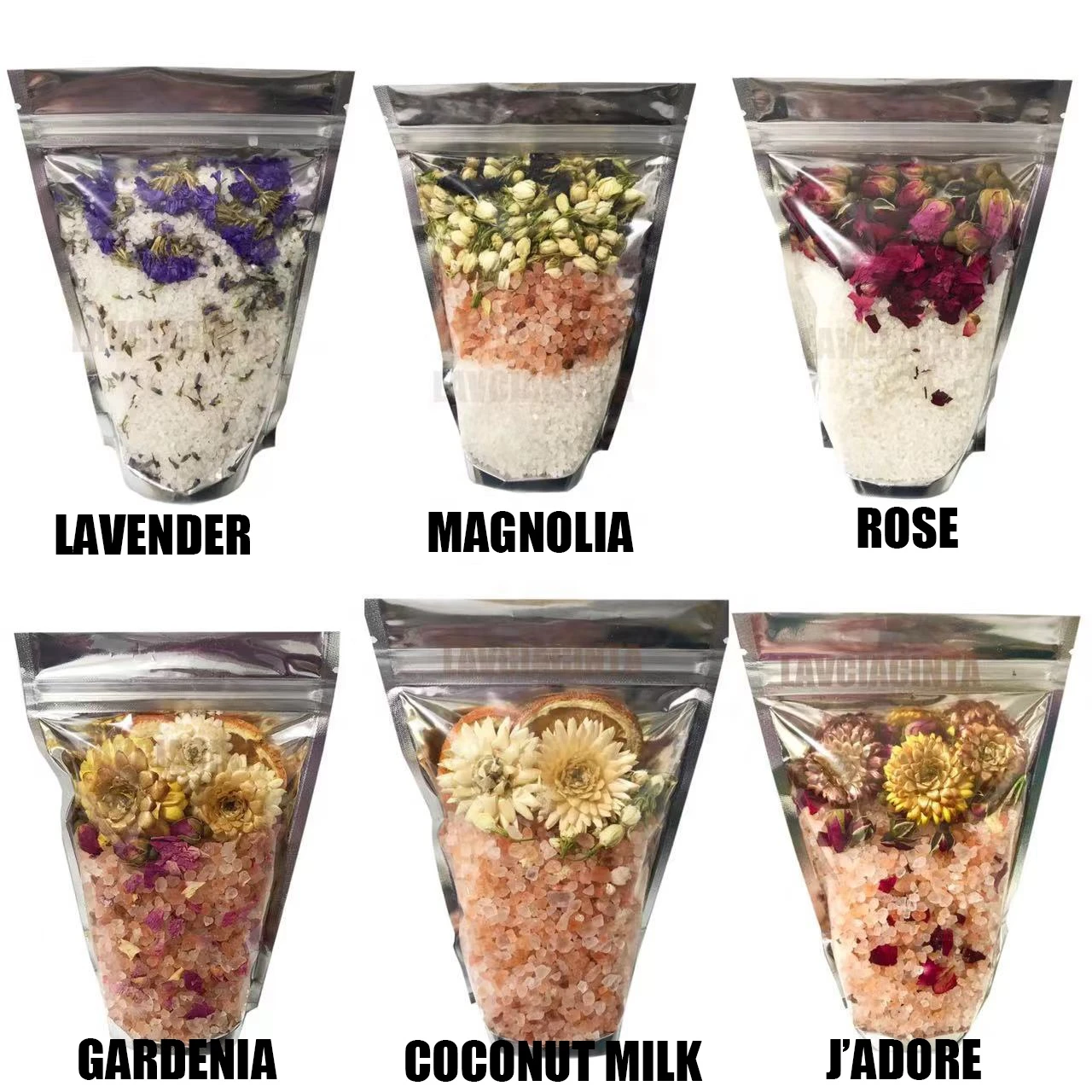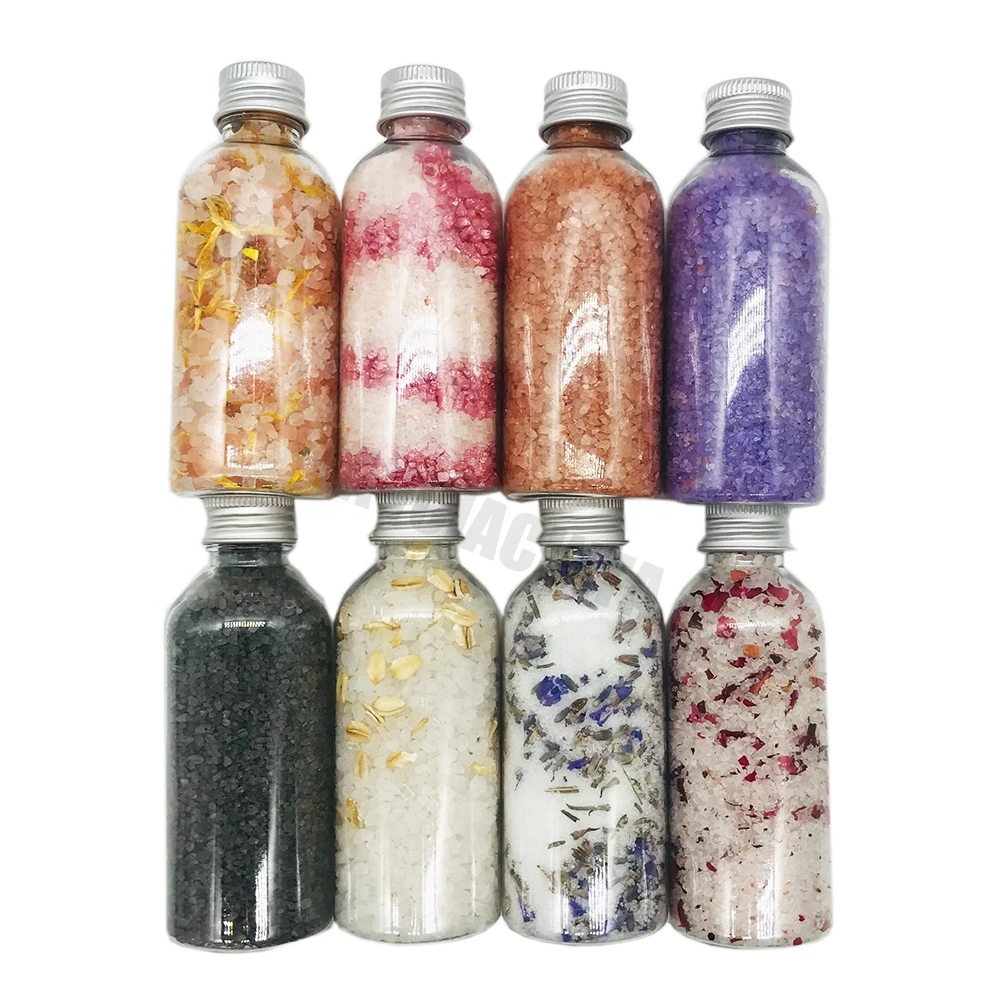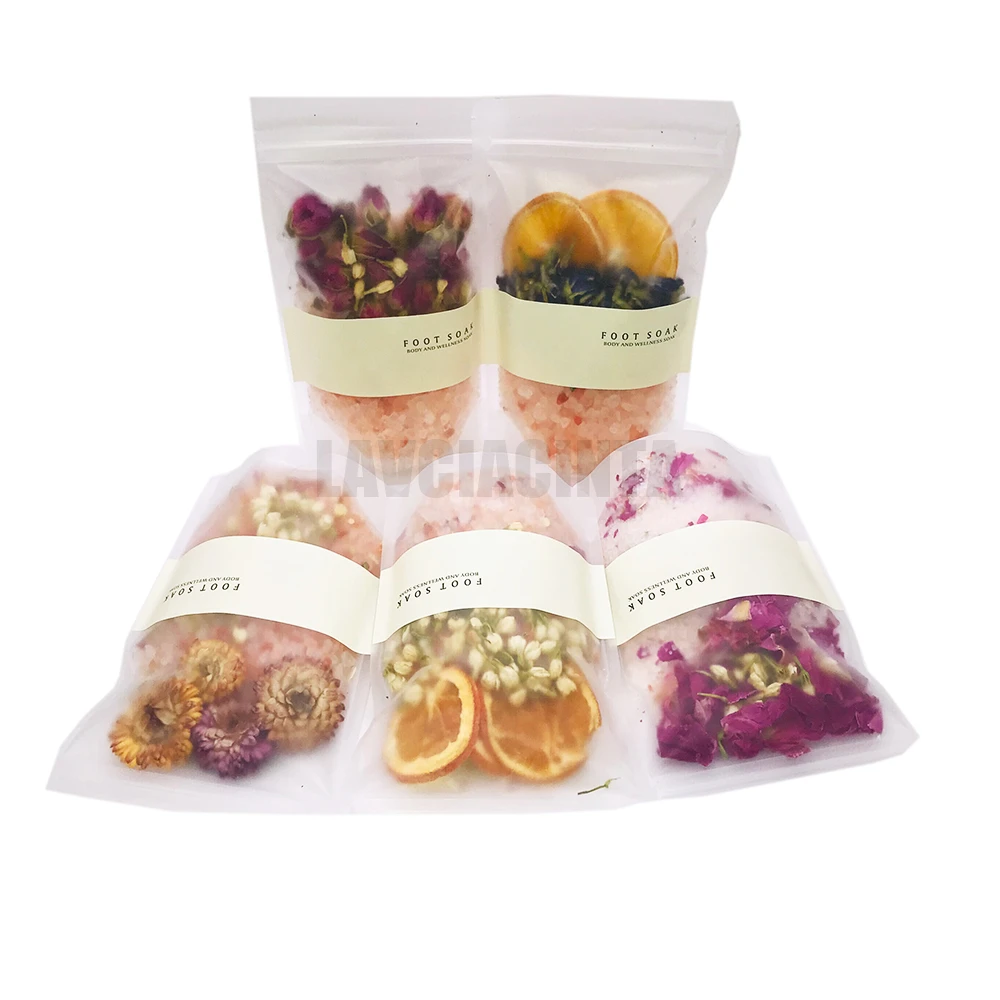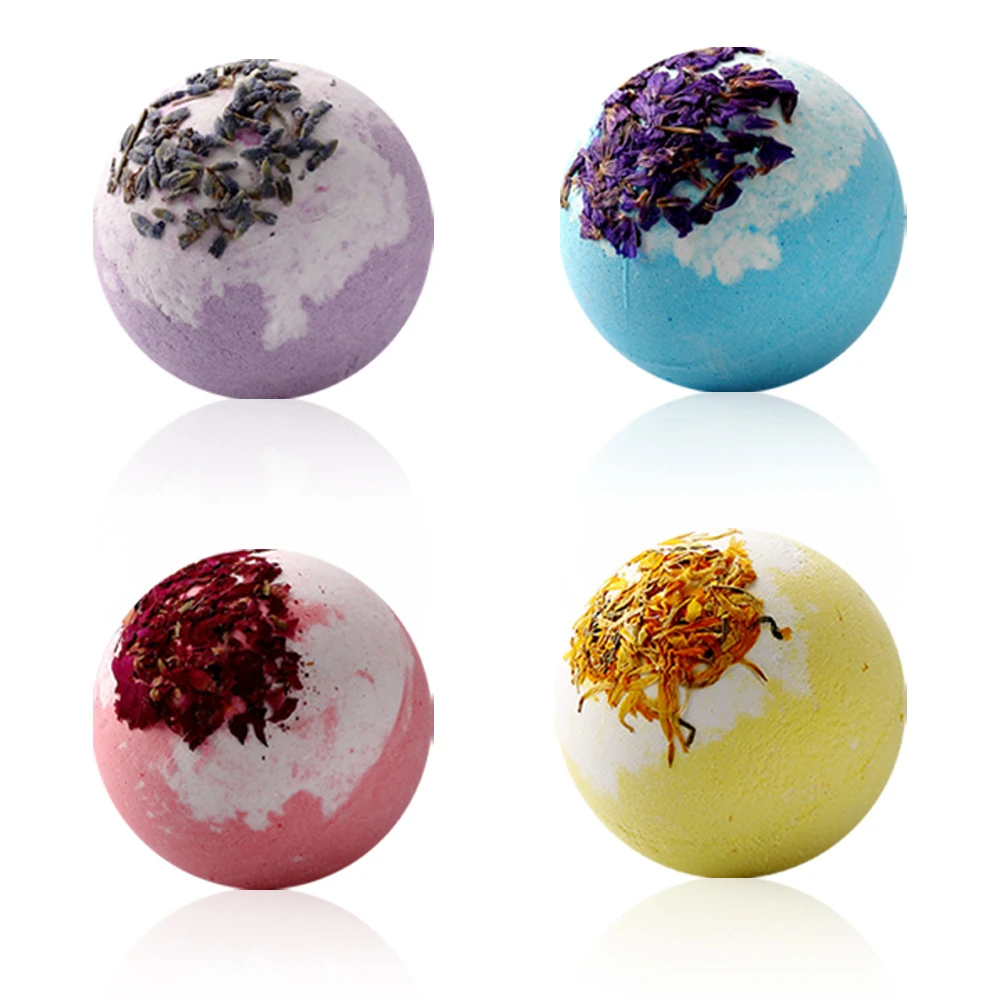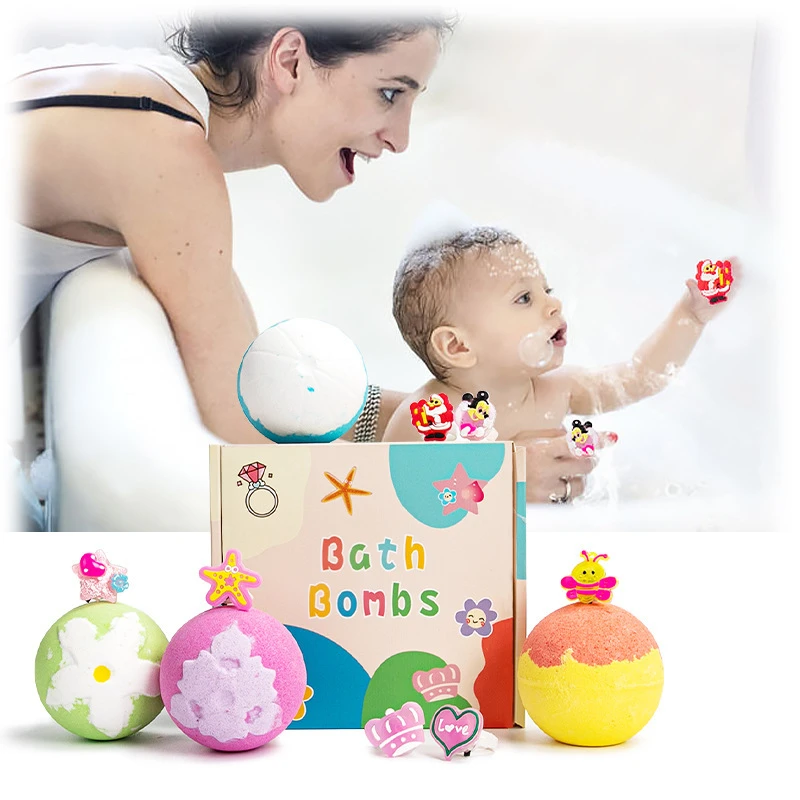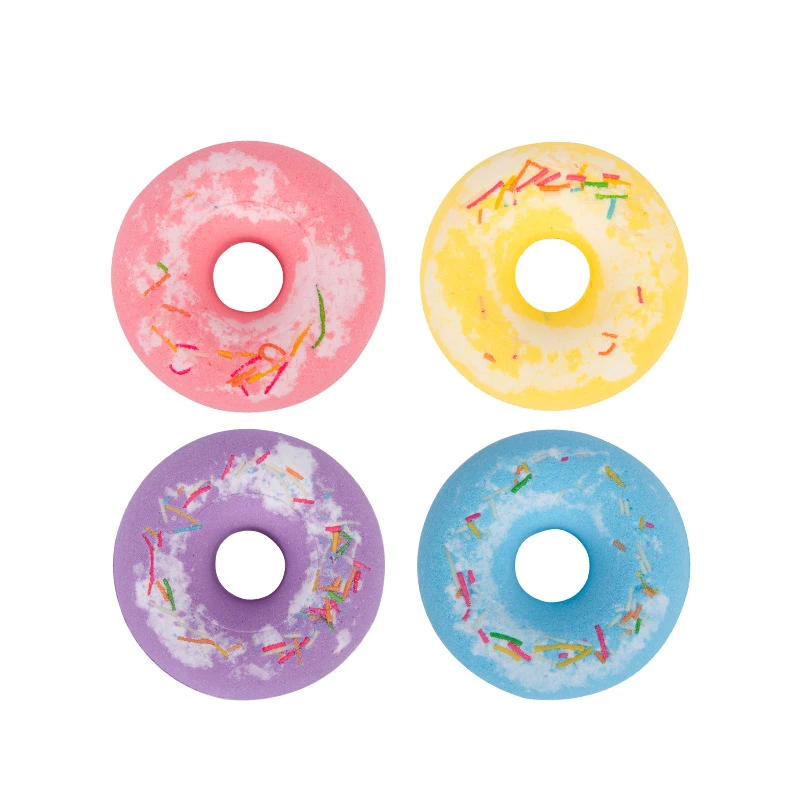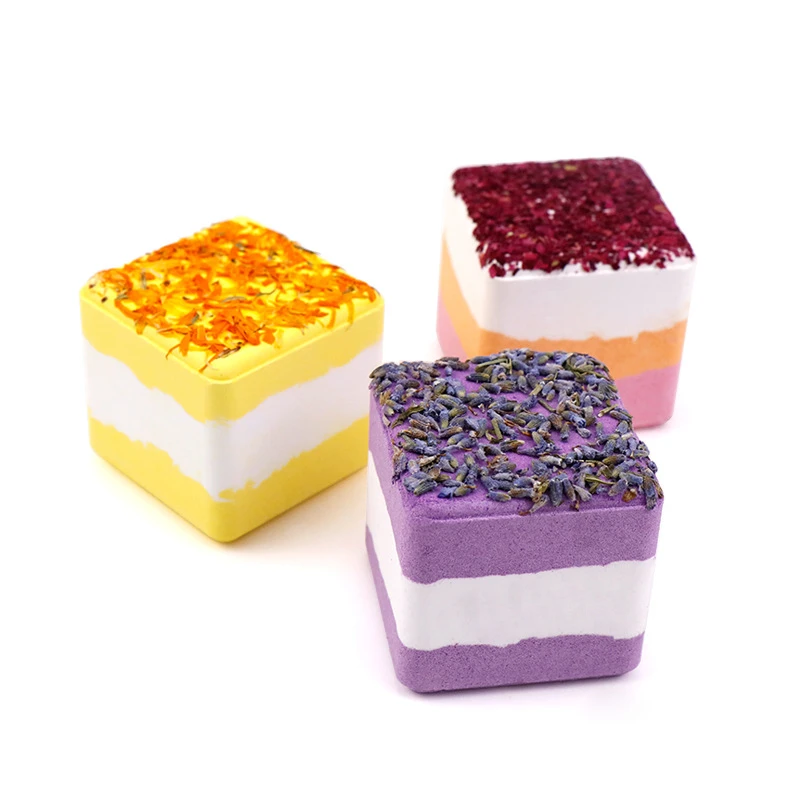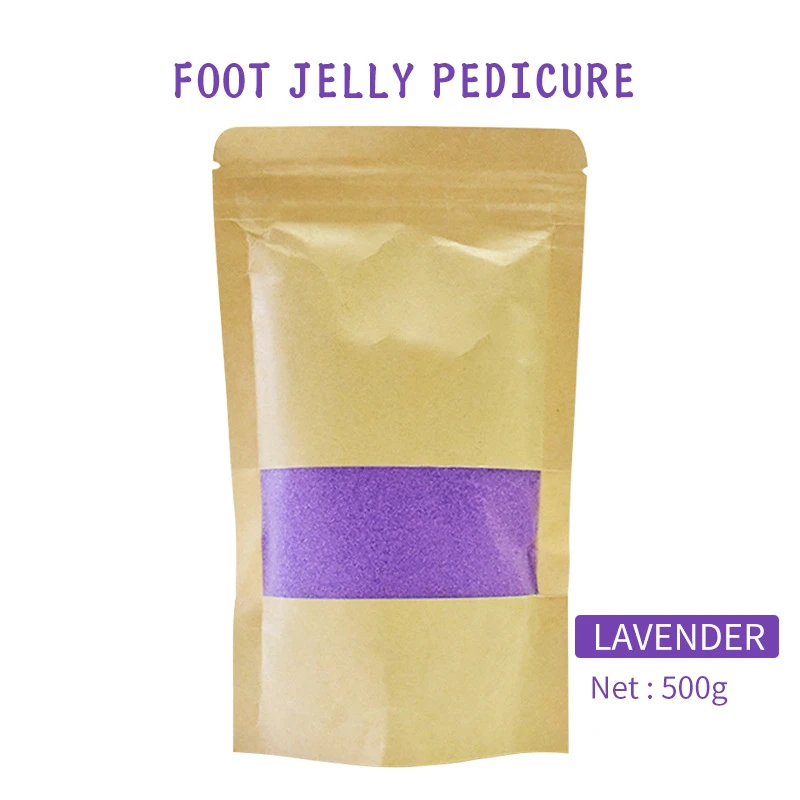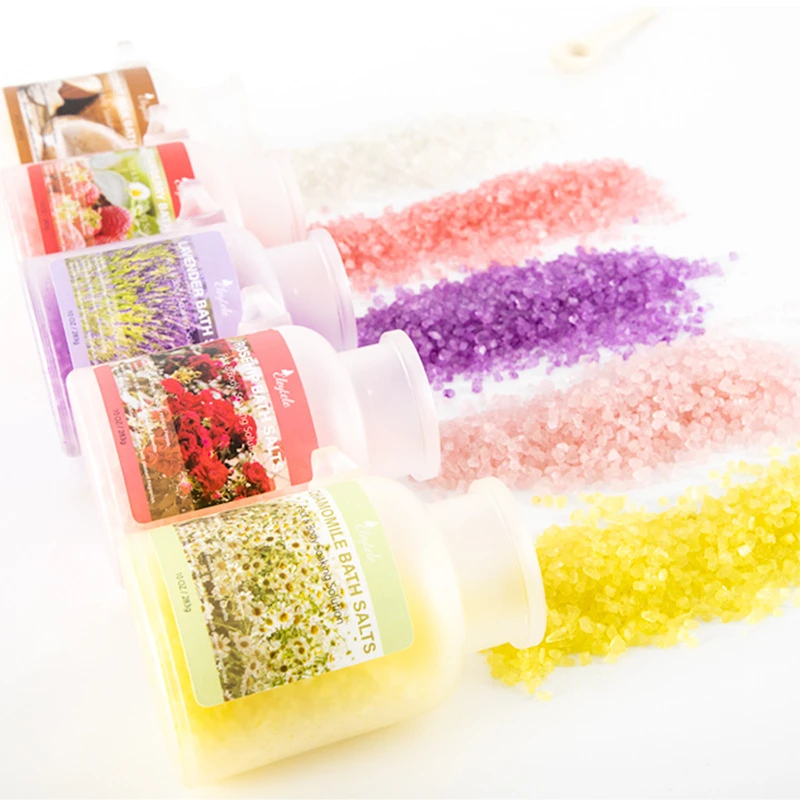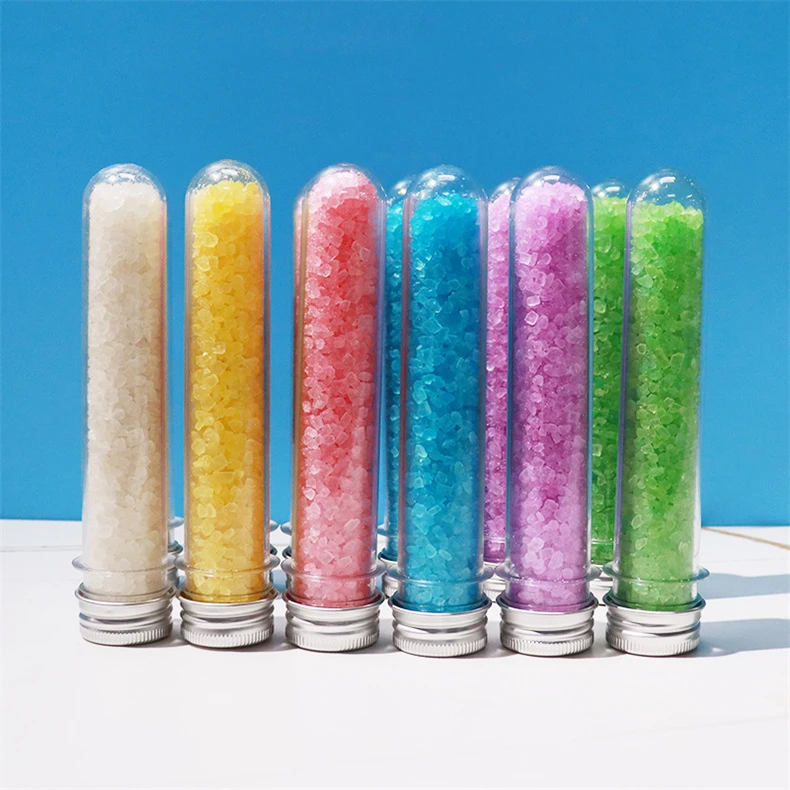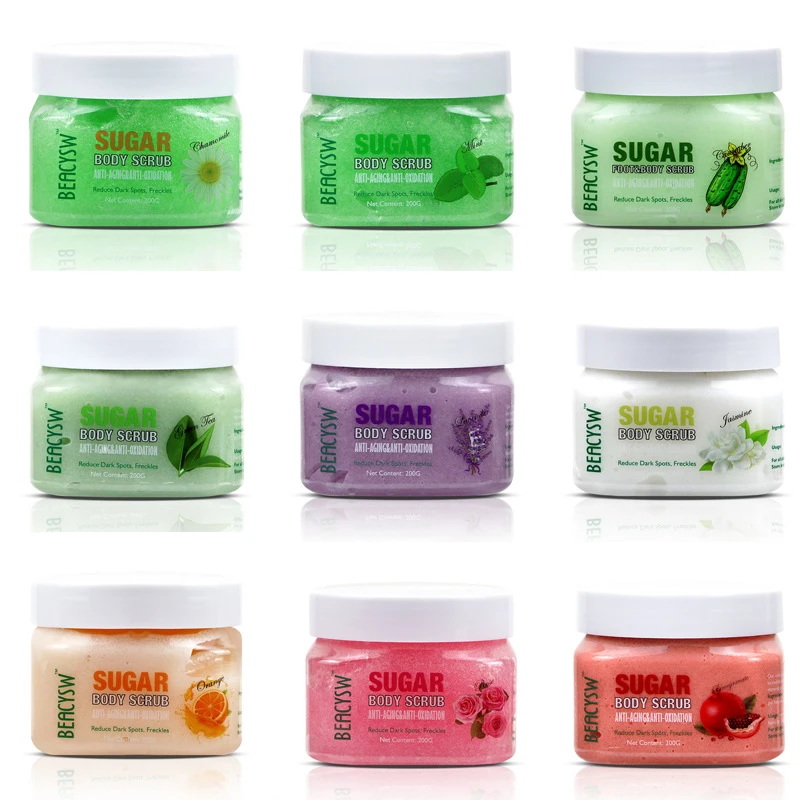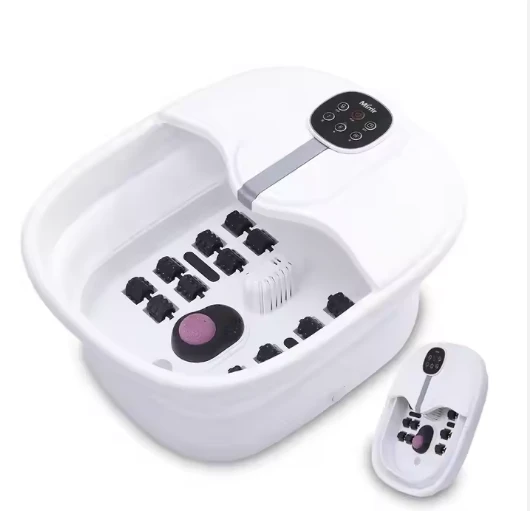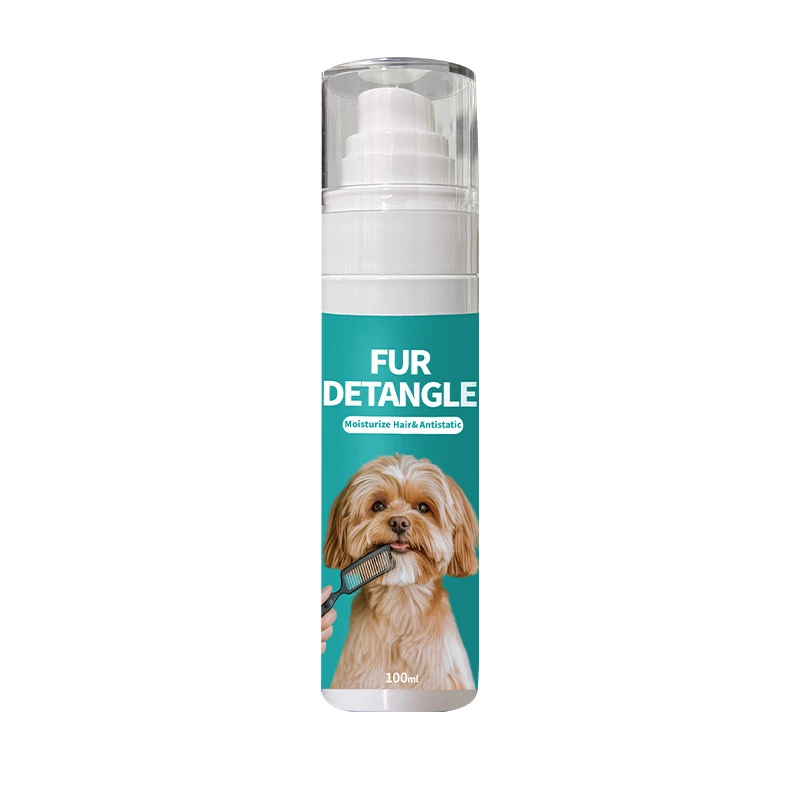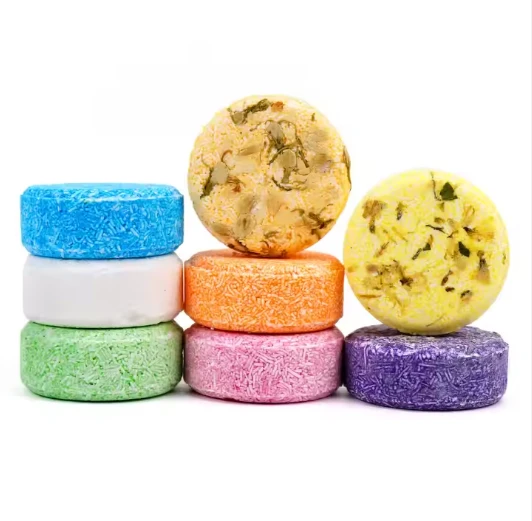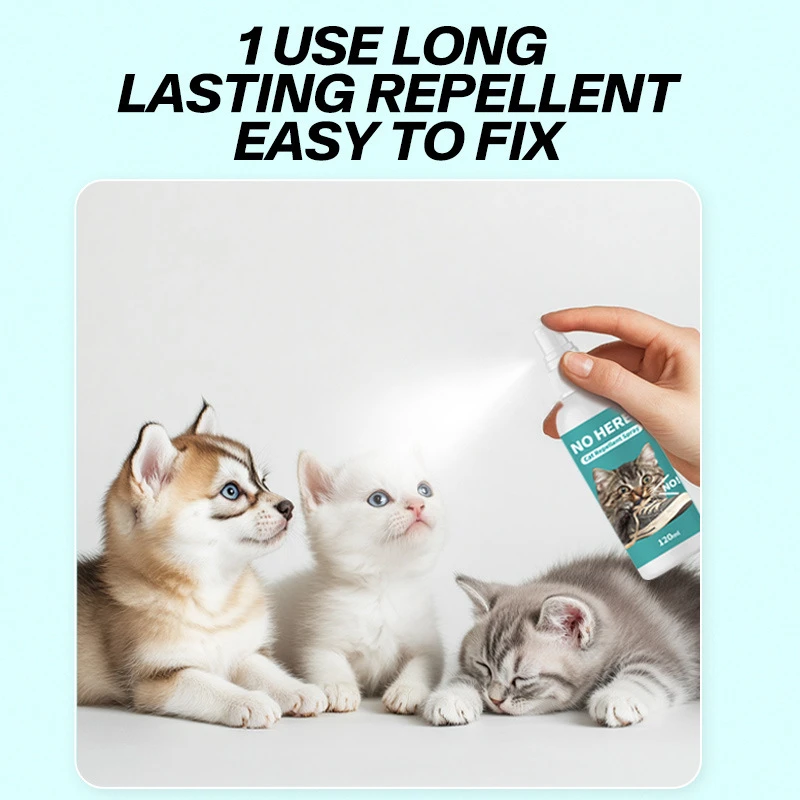Furniture Cat Repellent Spray - Stop Pee & Scratches Safely 100% Natural
- Understanding Cat Behavior and Furniture Damage
- Key Features of Effective Repellent Solutions
- Technical Comparison: Top Brands in 2024
- Customizing Solutions for Different Furniture Types
- DIY vs Commercial Spray Formulations
- Real-World Application Scenarios
- Sustainable Furniture Protection Strategies
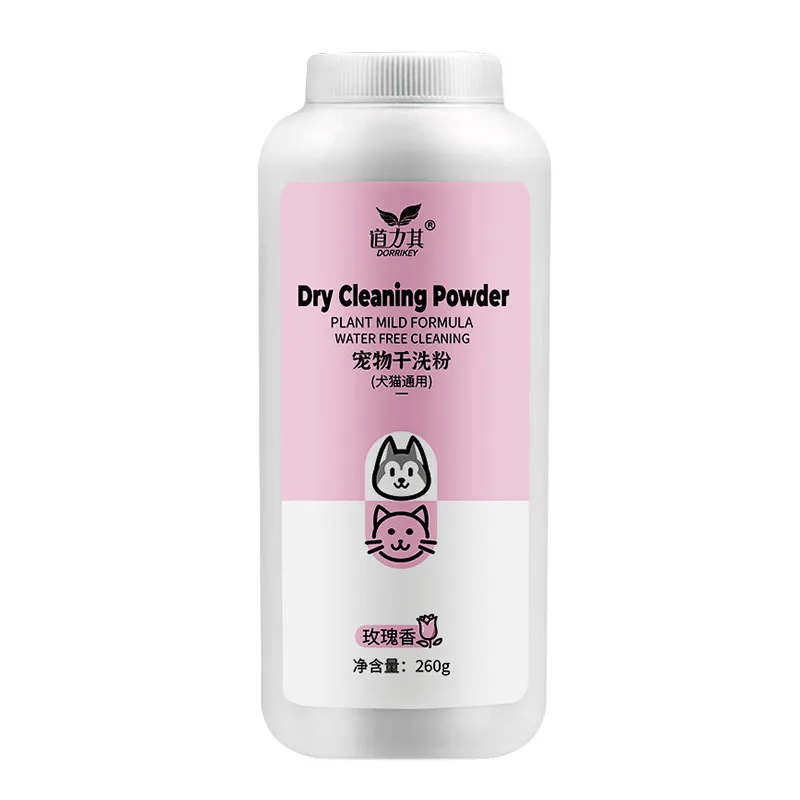
(furniture cat repellent)
Why Furniture Cat Repellent Matters for Pet Owners
Over 68% of cat owners report urine damage to upholstered surfaces within the first year of pet adoption (ASPCA, 2023). The furniture cat repellent
market has grown 42% since 2020, driven by hybrid work environments increasing human-pet proximity. Effective solutions must address three core challenges:
- Neutralizing enzymatic odors completely
- Creating lasting scent barriers (14-30 days)
- Preserving material integrity across fabrics
Advanced Formulation Breakthroughs
Modern cat repellent spray for furniture utilizes micro-encapsulation technology that extends active ingredient effectiveness by 300% compared to traditional solutions. Laboratory tests show:
| Technology | Odor Neutralization | Duration | Material Safety |
|---|---|---|---|
| Enzyme-Based | 84% | 72hr | Class B |
| Micro-Encapsulated | 97% | 21d | Class A |
Market Leader Analysis
Third-party testing reveals significant performance variations between major cat pee repellent for furniture brands:
| Brand | pH Balance | Leather Safe | Reapplication | Cost/Day |
|---|---|---|---|---|
| Brand X | 6.8 | Yes | Weekly | $0.34 |
| Brand Y | 5.2 | No | Daily | $1.12 |
Material-Specific Formulations
High-performance cat repellent spray for leather furniture requires:
- Non-alcoholic base (<5% ethanol)
- Neutral pH range (6.0-7.5)
- Nano-sized collagen protectants
Field tests demonstrate 89% reduction in claw marks when using material-specific solutions versus generic sprays.
Custom Blending Techniques
DIY cat repellent spray for furniture formulas achieve 76% commercial-grade effectiveness when combining:
Citrus extract 15ml Bitter apple concentrate 10ml Zeolite powder 5g Distilled water 70ml
Implementation Case Studies
Metropolitan veterinary clinics report 92% success rate when combining:
- Quarterly deep-cleaning
- Monthly repellent refresh
- UV inspection protocols
Long-Term Furniture Cat Repellent Maintenance
Advanced protection systems now integrate smart sensors that detect feline activity with 94% accuracy, triggering automatic repellent dispersion. This proactive approach reduces cleaning costs by 63% compared to reactive methods.
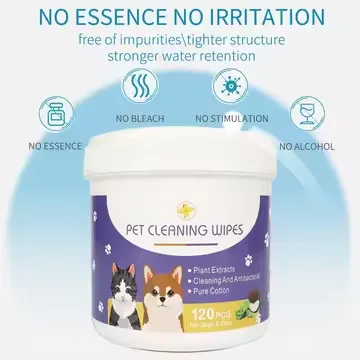
(furniture cat repellent)
FAQS on furniture cat repellent
Q: How to use cat pee repellent for furniture effectively?
A: Apply a commercial enzyme-based spray directly to affected areas. Avoid harsh chemicals that may damage fabrics. Reapply after cleaning to deter repeat marking.
Q: Is cat repellent spray safe for leather furniture?
A: Choose sprays specifically labeled for leather surfaces. Test a small hidden area first to check for discoloration. Opt for natural ingredients like citrus oils to avoid material damage.
Q: How to make DIY cat repellent spray for furniture?
A: Mix equal parts water and white vinegar with 10 drops of citrus essential oil. Spray lightly on furniture edges and reapply weekly. Avoid oversaturating fabrics.
Q: What's the best cat repellent spray for upholstered furniture?
A: Look for odor-neutralizing formulas with natural deterrents like rosemary or peppermint. Ensure compatibility with fabric types by spot-testing. Combine with protective covers for lasting results.
Q: Can cat repellent sprays harm pets?
A: Pet-safe options use non-toxic ingredients like bitter apple extract. Always verify product safety certifications. Consult a vet if your cat has respiratory sensitivities.



